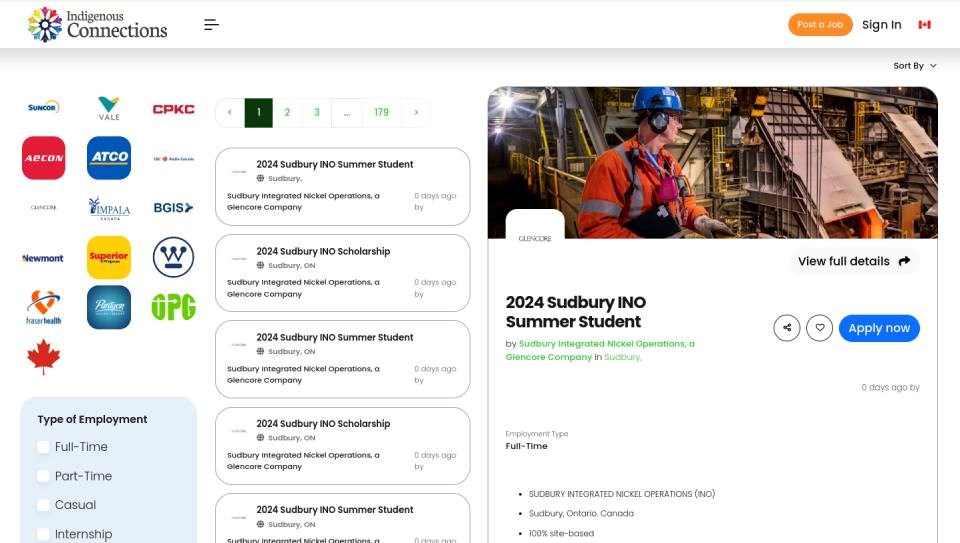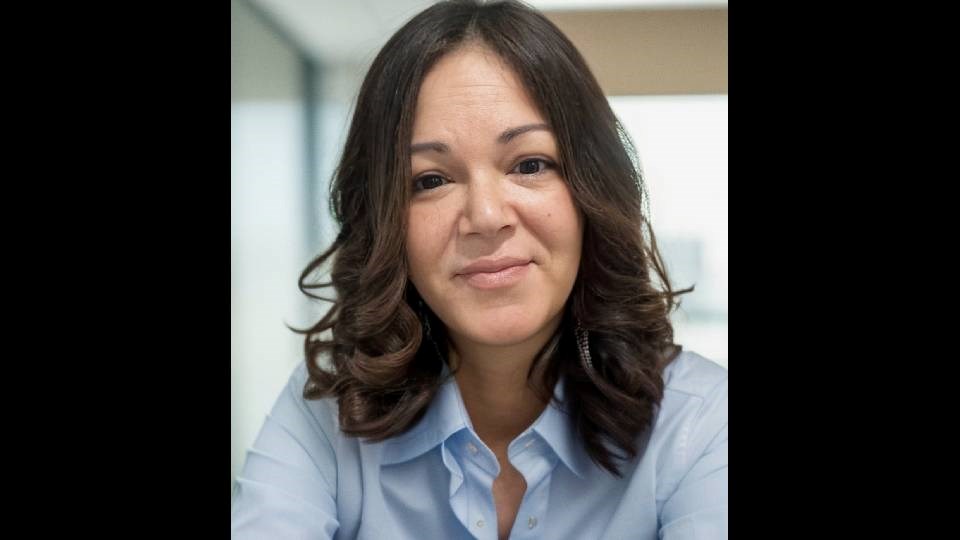Renée Boucher wants Indigenous communities to be full participants in the Canadian economy.
In the few years she's worked in industry, Boucher has seen what she calls “missed opportunities” for communities to benefit from the major projects taking place in their territories.
Hiring targets can be set either too high or too low when companies don't fully understand where a community's training gaps are. Smaller communities can struggle just to hire the employees needed to run programming. And many communities simply don't have the capacity to engage in the business opportunities that are outlined in impact benefit agreements (IBAs).
All this can result in mistrust in the business relationship and lead to a sense that promises have gone unfulfilled, she said.
“It always makes me question, what do the communities really benefit from, or how are they really benefitting?” Boucher said.
She'll now have a firsthand opportunity to effect change in this area as the new owner of Indigenous Connections.
Originally known as Working Warriors, the online database is designed to match skilled Indigenous workers with companies needing labour. Workers, communities, and companies can all register on the site, which is searchable by category.
“There are so many projects and different industries in Ontario that go through Indigenous traditional territories, and the bigger picture is to try and use this tool and this business to try and get ahead of things,” Boucher said, “to try to work with communities and industry to get a good look ahead at the next X number of years to try and get things right.”
Want more business news from the North? Subscribe to our newsletter.
Originally from Fort William First Nation, Boucher holds a diploma in Aboriginal law and advocacy from Confederation College in Thunder Bay.
Her initial intent was to continue on to law school, but as a mom with a young child, Boucher said, she needed to get into the workforce.
One of her first jobs after graduation was with Shelter House in Thunder Bay where she worked closely with youth, particularly in the areas of homelessness and addictions.
She then spent time at Ka-Na-Chi-Hih, a culturally focused treatment centre, and later Dilico Anishinabek Family Care, where she led the launch of a youth outreach program.
Experience gained from that work led her to a job with Fort William First Nation where she moved between departments — employment and training, restorative justice, youth and social development, economic development — gaining diverse experience as she went.
Boucher was posted in the public works division when the community launched its own paving business.
“We partnered with one of the construction companies in town and we assisted in repaving our own roads, which then led to a little bit more business, where we took on a contract outside of Fort William in the city as well,” Boucher recalled.
Tired from the frantic pace she'd been chasing, Boucher wanted a break. That's when she and her husband relocated to his community, Animakee Wa Zhing 37 First Nation, also known as Northwest Angle 37 First Nation, located on a small, isolated island in Lake of the Woods near Kenora.
The change helped, and “it's probably what I needed at the time,” Boucher said. But before long, a restlessness set in, and she began looking for a new challenge.
It was around this time Boucher sat in on a community information session hosted by New Gold, which was doing work in the area related to its Rainy River gold mine.
The company was searching for a community relations manager, and Boucher was encouraged to apply.
Because most of her previous work had been with Indigenous organizations, she said, mining felt out of her element. She applied anyway and got the job.
“That was my jump over to working in industry,” said Boucher, who also served as Valard Construction's Indigenous relations advisor on the Waasigan Transmission Line project.
Boucher had long itched to build something of her own that would have maximum impact on Indigenous communities in the North.
So it seemed serendipitous when Jamie Saulnier reached out to make contact last fall.
Starting in the mid-2000s, Ignace-born Saulnier built Working Warriors from the ground up while trying to hire Indigenous workers for his Winnipeg-based construction company.
Now, after shepherding the initiative through its fledgling years, he was looking for someone to take over and help it grow. Boucher knew immediately she was interested.
“That opportunity was exactly all the things I was looking for,” Boucher said.
After taking over the reins, Boucher rebranded the platform as Indigenous Connections, both as a refresh to signal new, Indigenous ownership and as a nod to the role she hopes the site can play in connecting Indigenous people to opportunity.
The platform has come a long way since its early years.
Its client base is robust — Vale, Ontario Power Generation, and Suncor are among the high-profile companies posting to the site — and its catchment area has spread across Canada and into the U.S.

But Boucher believes there's still work to be done.
More communities need to register with the site, she said, and keep their profiles active and up to date so they can really benefit from opportunities in their regions.
She also wants to expand its mandate to offer consulting services to help companies in their efforts toward economic reconciliation with Indigenous peoples.
Hiring an Indigenous relations advisor is just one small step toward those efforts, Boucher said, and can often come across as the company ticking off a box on a checklist rather than meaningful effort toward reconciliation.
“A lot of these companies have really jumped on board and are trying to do proactive things, but it's still new,” she said.
“I think a lot of that work has to be at the core of the company.”
This will come with time, said Boucher, and she's excited to get started.
"I truly do believe that it's something that benefits both communities and industry," she said of the platform.
"There's nothing that I know of that's out there that's like it, that is able to capture what it can, and so I think that's what makes it so unique."
